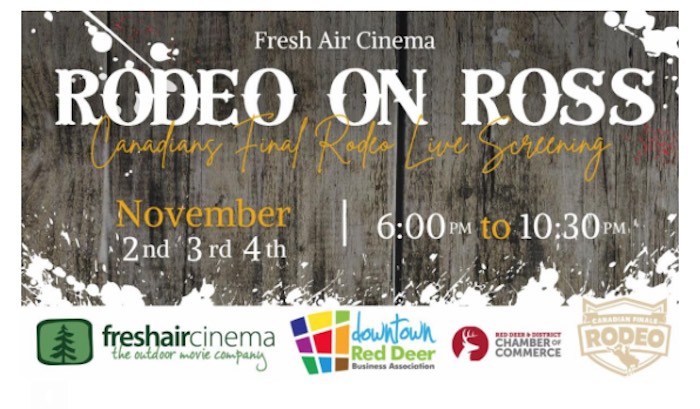Are you someone who takes “responsibility for finding the potential in people and processes, and who has the courage to develop that potential”? #BrenéBrown
This is what leaders do.
You may have a title that reflects your leadership role and you may not.
Leadership is not dependent on a title.
If you fit this description of a leader, then having challenging conversations is an important part of a well developed leadership skillset.
The more influence we have in an organization, the more effect a good conversation can have throughout the organization.
The inverse is true as well. Conversations that go poorly or are missed can cost us credibility and can, over time, cause problems for the workplace culture.
Challenging conversations are, well, challenging. Having effective challenging conversations takes work, practice and courage.
In my life, until a recent significant life change, I typically avoided hard conversations. I saw myself as a peace-maker. This was a self-imposed title that didn’t serve me or the people around me.
When I did have hard conversations they came out of a place where I felt emotionally flooded. Not effective.
My ethnic heritage, and family of origin messages are part of the story I told myself about what I could say and what I couldn’t. I come from a Mennonite family background which often means that peace must be kept at all costs. That’s the way we roll.
The problem with missed conversations is that problems aren’t solved. Over time, there is usually more pain and the energy drain leaves hard feelings. Hurt builds, blame grows and unforgiveness festers.
Since my coach training, I’ve become very intentional to have conversations that I would never have ventured into before. I am choosing to live differently and am finding my voice; my kind and honest voice. I’m choosing change.
I have had many kind, intentional, honest conversations that would never have happened in the past. The results have been mostly beautiful and I feel empowered. Relationships have flourished.
But not all…
And that’s ok.
Here are four mindset tools that have helped me. I hope they will help you.
1. Steven Covey’s habit of beginning with the end in mind is a way that I process and prepare for a conversation that needs to happen. By keeping that at the front of my mind, I’m able to focus on the most important things, instead of getting lost in the weeds. Wading into a hard conversation, if you want the best possible results, is not done quickly, rashly or without thought.
2. One conversation went well, I think, because I began the conversation in the position of a learner. I expressed to my co-worker that I was trying new ways of communicating. I also told her that I wanted to include her in the learning process. The result was an openness that astounded me. Being appropriately vulnerable builds rapport.
3. I’m choosing to be kind to myself and others by owning my thoughts, attitude and behaviour and letting others own their response. This feels like risky behaviour for this Mennonite raised kid… so far it’s going well. It feels like freedom and it doesn’t feel like words are stuck anymore.
4. New conversations take practice. With practice, there are new possibilities. Some relationships will grow, others will not. There are no guarantees. I can only own my choices and my behaviour and I can’t own the response of others. I’m tired of choking on conversations that need to happen.
When will your next brave conversation happen?
If you would like to dig into this skillset, to become more effective at having challenging conversations, please contact me. [email protected]
Related




 COVID-198 hours ago
COVID-198 hours ago
 Energy16 hours ago
Energy16 hours ago
 Business1 day ago
Business1 day ago
 Alberta1 day ago
Alberta1 day ago
 Alberta7 hours ago
Alberta7 hours ago
 Bjorn Lomborg1 day ago
Bjorn Lomborg1 day ago
 Alberta9 hours ago
Alberta9 hours ago
 Business11 hours ago
Business11 hours ago


















